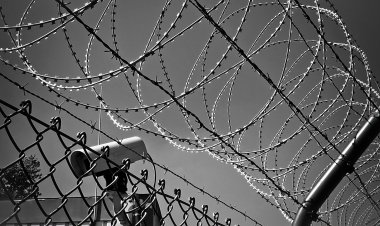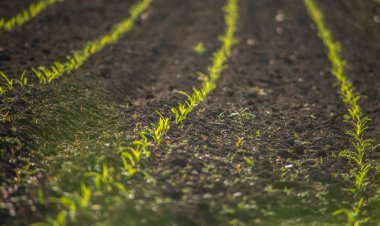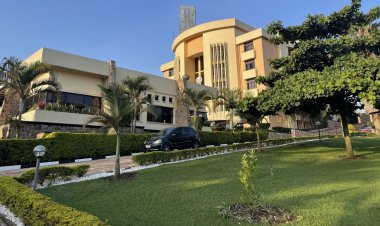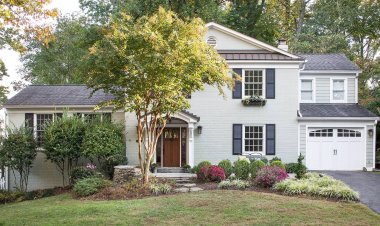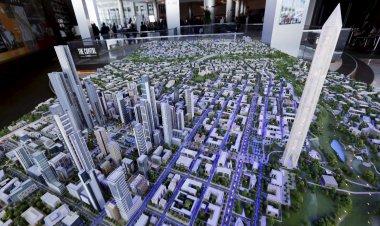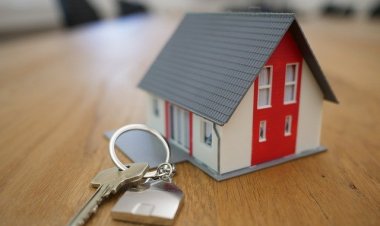Nairobi’s Upper Hill Area Land Prices Drop Again, 5 Years in a Row
The trend has been caused by the oversupply of commercial space in the area making developers shy away from investing in new space.
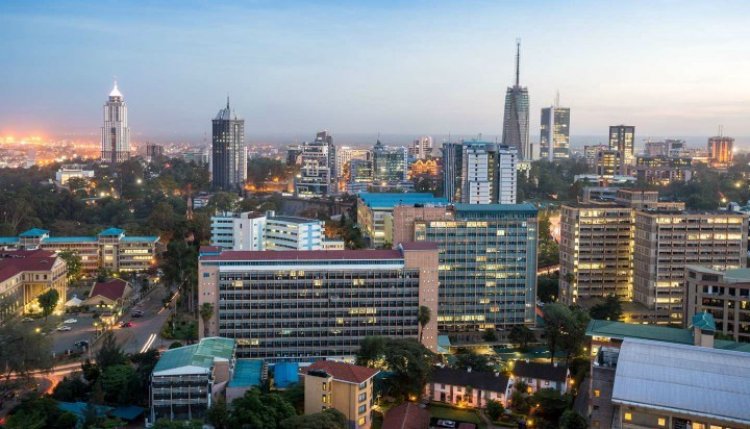
Land prices in Nairobi’s Upper Hill area have recorded a steady drop yet again since July 2018.
According to HassConsult’s Land Price Index Quarter Three (Q3) report, the trend has been caused by the oversupply of commercial space in the area making developers shy away from investing in new space.
The reports note that most of the investors are waiting for the available units to get sold and for vacancy levels to improve. In the last quarter of 2022, the area recorded a 0.6 percent drop.
Commenting on the report, Ms. Sakina Hassanali, Head of Development Consulting and Research at HassConsult noted: “Upper Hill continued stagnation is assigned to the office market oversupply in the area that will not see new commercial buildings come through until demand catches up with supply.”
Land prices in other city suburbs remained stable with a modest 0.8 percent drop over the quarter. With a 6.5 percent change, Spring Valley was said to be the biggest gain, with Nyari’s 0.9 percent slide the biggest loss.
“[Nyari] experienced a modest price correction, reversing previous quarterly price improvements,” HassConsult reported.
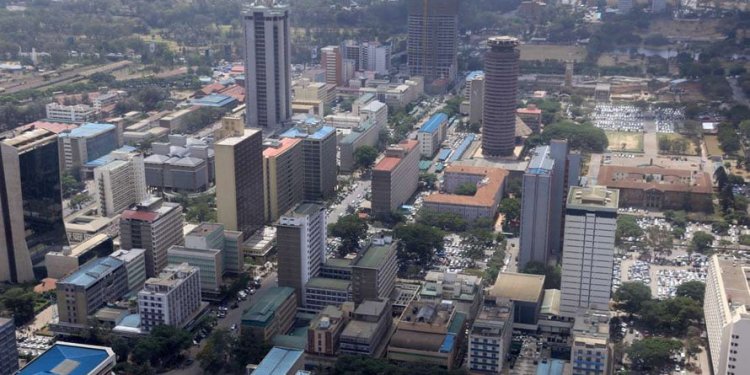
Unlike the suburbs, most satellite towns saw land prices improve registering a 1.6 percent growth over the quarter.
HassConsult further stated: “Syokimau town, for instance, is now more accessible following the opening of the Nairobi Expressway over the quarter. The town was the best performer over the quarter with prices increasing by 6.8 percent. Syokimau was also the best-performing town annually with prices improving by 20.1 percent.
“Juja has benefitted from road infrastructure and investors getting drawn to develop housing and affiliated property for higher education centers located in the area,” the real estate firm noted.
However, the apartment sales market stagnated, with prices slightly falling by 0.3 percent over the quarter.
Detached houses, including townhouses and villas, maintained demand, with the price growth of these units, especially in Loresho and Juja where house prices increased by 3.6 percent and 5.1 percent respectively.
If you have a real estate press release or any other information that you would like featured on African Real Estate Blog Post do reach out to us via email at [email protected]









